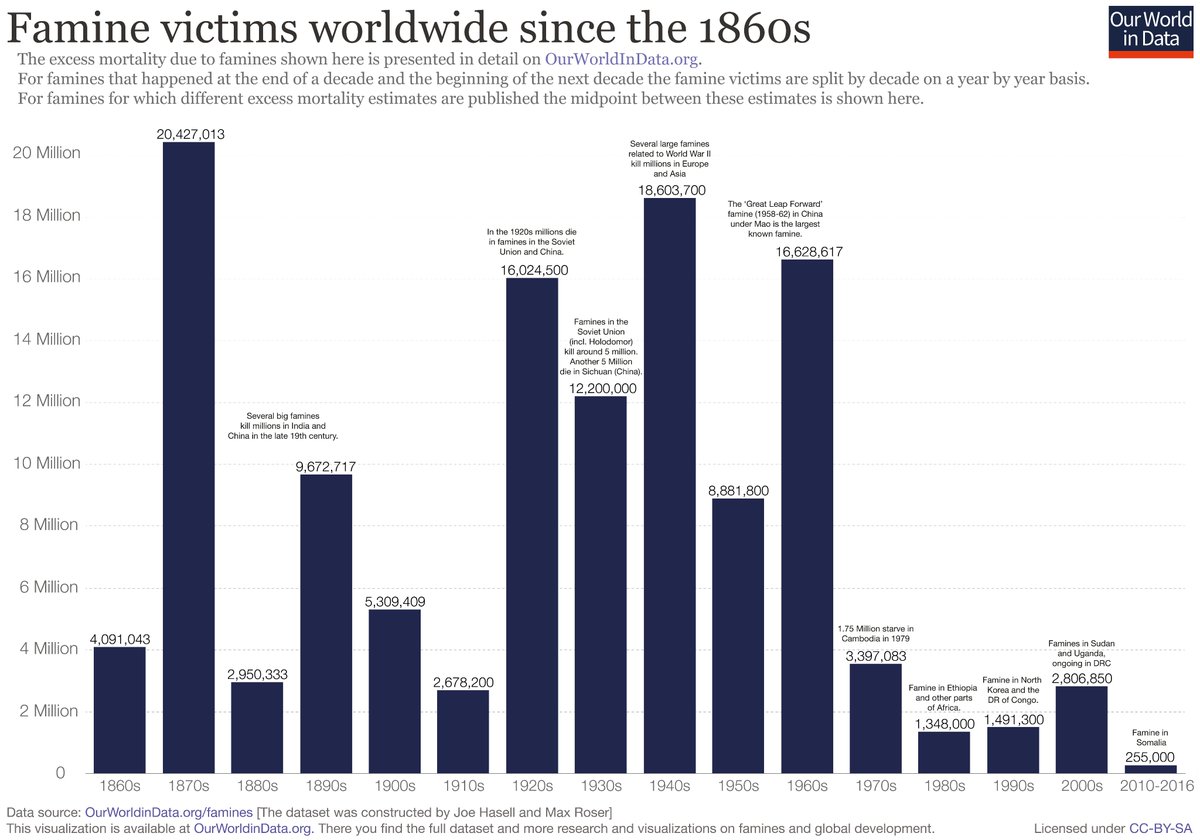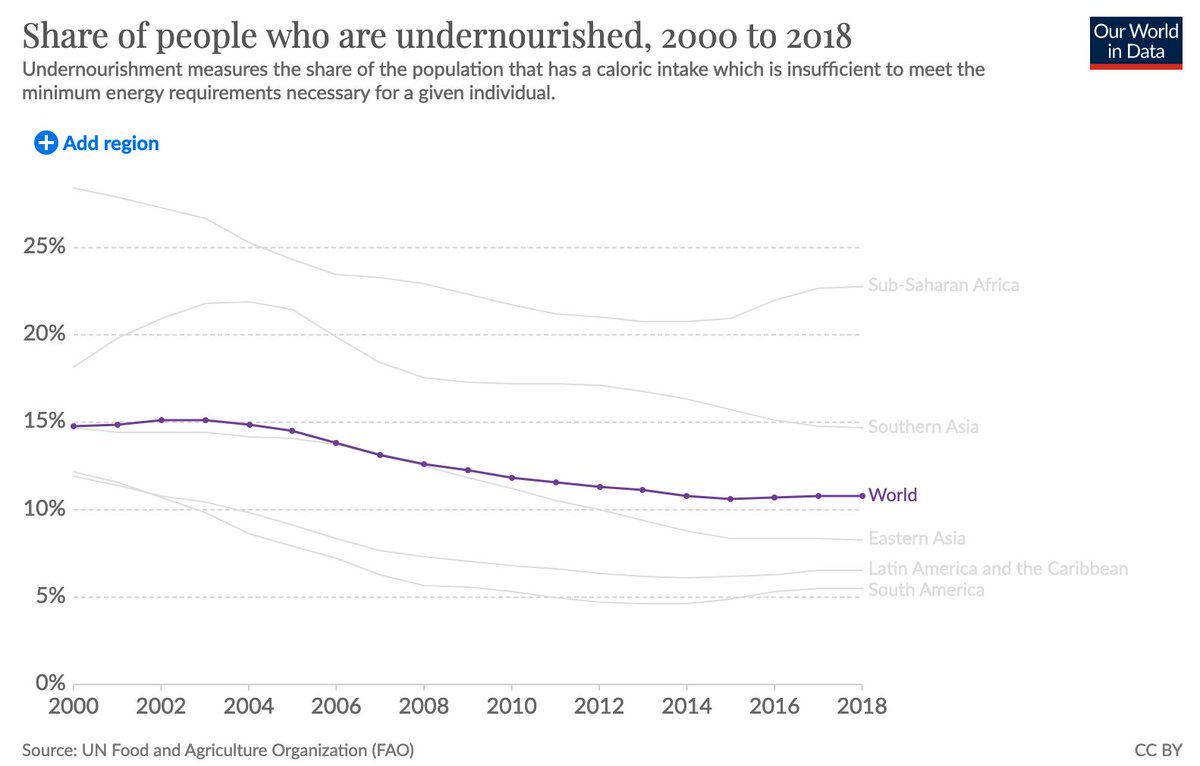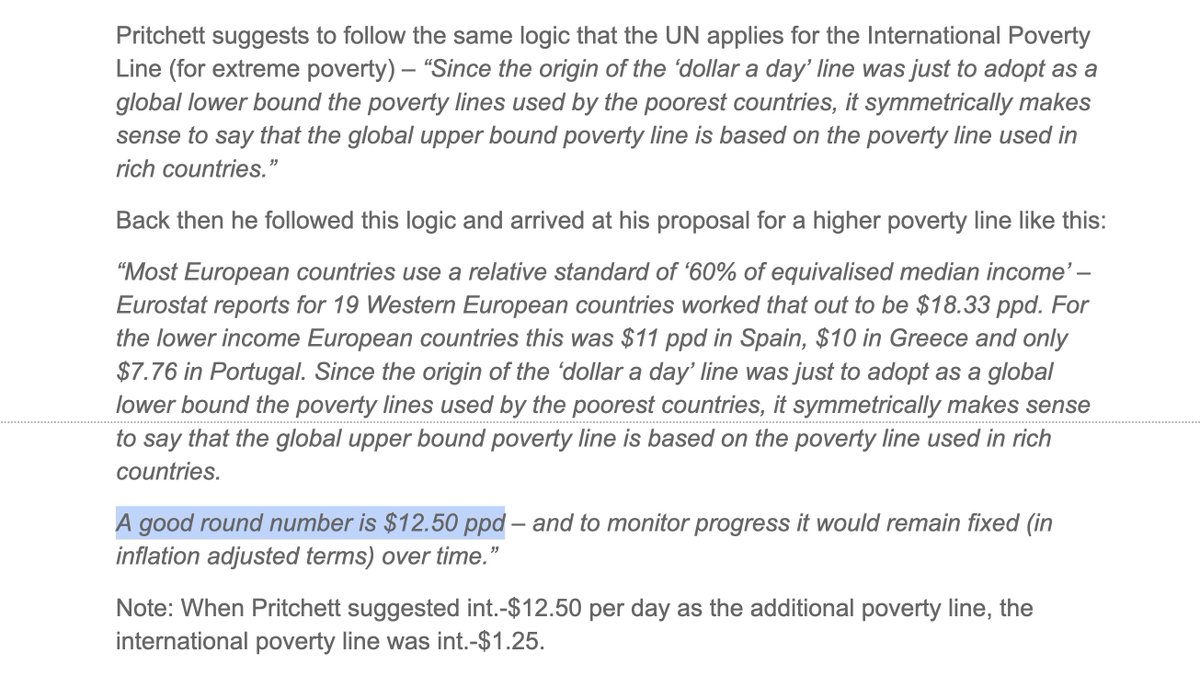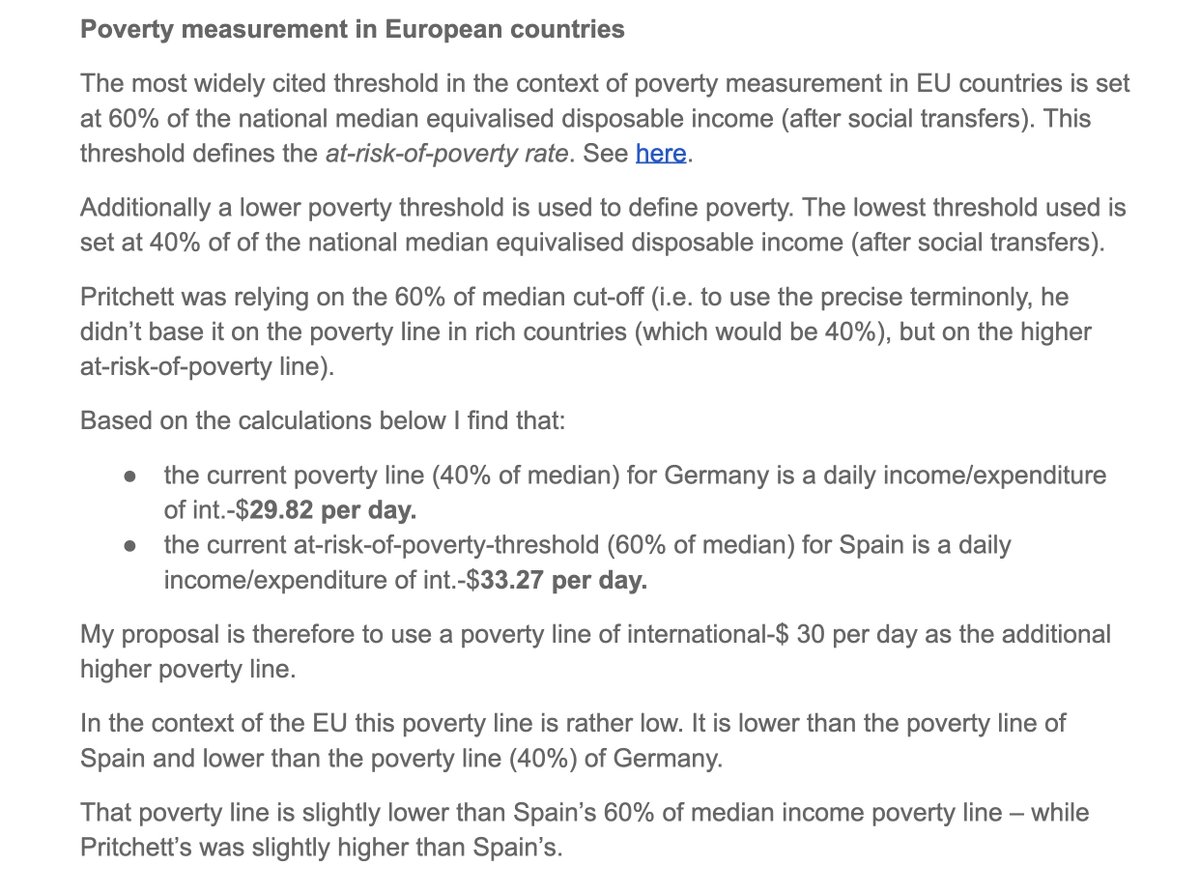
Almost unbelievably fast progress here in Britain. Coal is disappearing rapidly.
This visualization shows the daily share of Britain's electricity that is generated by coal.
In 2012 still 40% was generated by burning coal. Now we go months without any.
theguardian.com/environment/ng…
This visualization shows the daily share of Britain's electricity that is generated by coal.
In 2012 still 40% was generated by burning coal. Now we go months without any.
theguardian.com/environment/ng…

Here is the recent change in the context of the last century.
Smil and others say that energy transitions are slow, but this doesn’t look slow to me.
Britain was absolutely dominated by coal for generations. And now Britain got almost rid of it.
electricinsights.co.uk/#/reports/repo…
Smil and others say that energy transitions are slow, but this doesn’t look slow to me.
Britain was absolutely dominated by coal for generations. And now Britain got almost rid of it.
electricinsights.co.uk/#/reports/repo…

40% of electricity was generated by coal back in 2012.
In 2013 the country implemented the ‘carbon price floor’ (a top up carbon tax to the ETS).
According to this study (chapter 4) this is what led to the unprecedented reduction in coal generation.
ucl.ac.uk/bartlett/susta…
In 2013 the country implemented the ‘carbon price floor’ (a top up carbon tax to the ETS).
According to this study (chapter 4) this is what led to the unprecedented reduction in coal generation.
ucl.ac.uk/bartlett/susta…
Electricity generation is only a part of the energy sector and gas power plants still produce a lot of electricity.
But the change in the electricity sector is surprisingly fast and the direction that the UK is taking is good.
ourworldindata.org/grapher/co2-em…
But the change in the electricity sector is surprisingly fast and the direction that the UK is taking is good.
ourworldindata.org/grapher/co2-em…

• • •
Missing some Tweet in this thread? You can try to
force a refresh


















